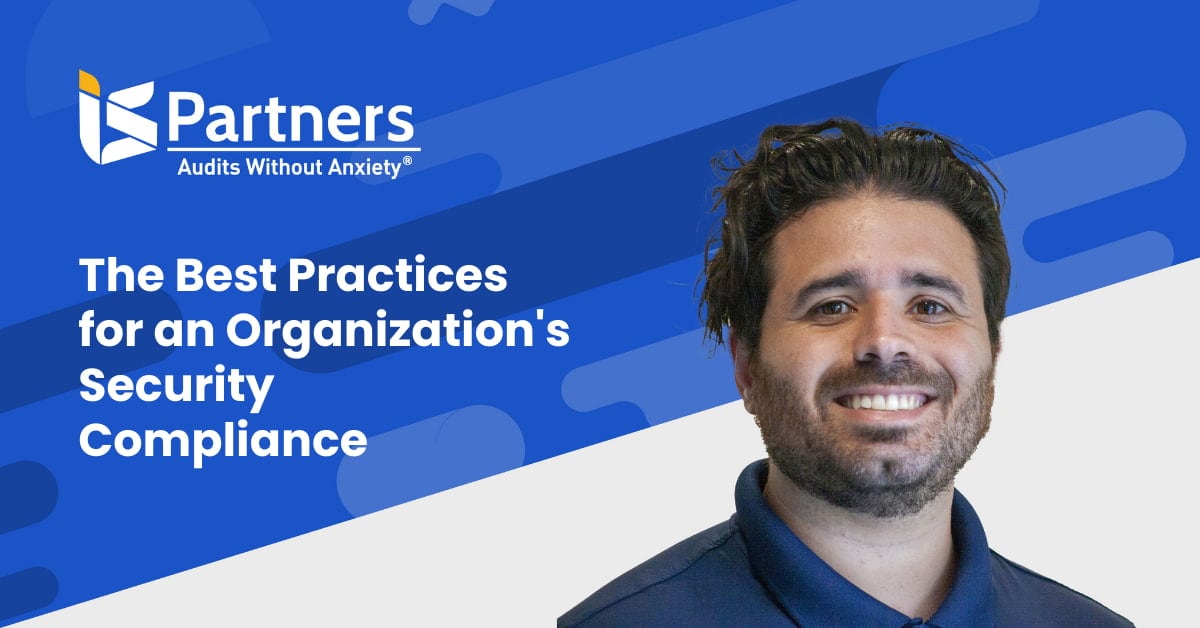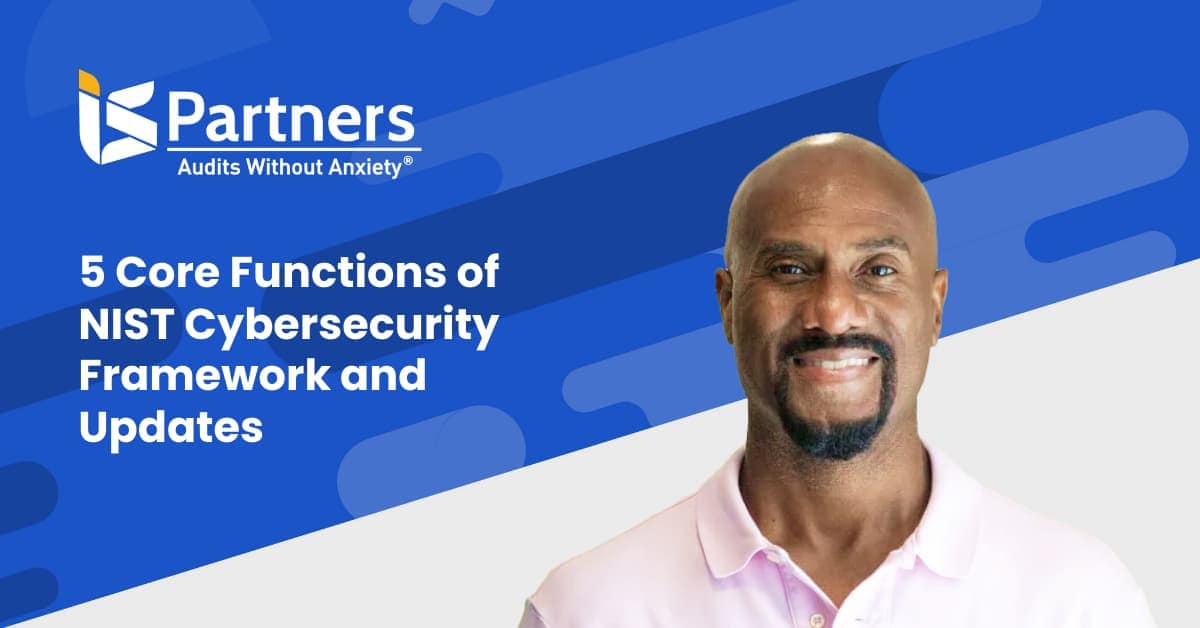Are you looking for ways to move up in your IT career? A well-chosen additional certification can be your ticket to a better salary and more challenging work. While there are dozens of IT certifications available, some offer better prospects than others. These certifications in areas that include cloud computing, cybersecurity and business are the ones to seek to make yourself more valuable and attractive to prospective employers:
1. Certified in Risk and Information Systems Control (CRISC)
The CRISC certification is touted as the only certification that prepares IT professionals to handle the challenges of IT risk management. This certification focuses on aspects of risk management that include assessment, response, monitoring, reporting and mitigation.
IT professionals must pass an exam and have three or more years’ experience in at least two of the four topics that are covered in the certification. The experience must be from within the past 10 years and more than five years after passing the exam. Additionally, people must get new Continuing Professional Education (CPE) credits each year to maintain certification. While the requirements can seem onerous, the growth of cloud computing means that this certification will likely remain in demand in the coming years.
2. Certified Information Security Manager (CISM)
The CISM certification, created and maintained by international IT governance organization Information Systems Audit and Control Association (ISACA), focuses on security strategy for those in IT management. The certification focuses on proficiency in designing, building and managing enterprise-level IT security initiatives.
This certification requires a minimum of five years information security experience. At least three of those years must be spent as a security manager. This certification does allow alternatives to experience. You must get new CPE credits each year to maintain certification.
3. Certified Information Systems Security Professional (CISSP)
The CISSP certification is accredited under the American National Standards Institute and offered by the Internet Systems Consortium. This certification has been adopted as a standard for the NSA’s ISEEP program and is formally approved by the US Department of Defense. It is designed to enable IT professionals to establish the best modern security practices.
To earn a CISSP certification, you will need a minimum of five years information security experience and three years as a security manager. One advantage of this certification is that you can earn an associate credential while you are working toward full certification. This makes it valuable to professionals who are early in their careers. CPE credits are required to maintain the certification once it is earned.
4. Project Management Professional (PMP)
This certification, created by the Project Management Institute is considered the most widely recognized project management certification.
The certification exam tests five different areas that relate to the life cycle of a project, from initiating through planning, execution, monitoring and closing. It is not specialized by industry, and can be sought by project managers in a range of niches.
To get a PMP certification, you will need to complete 35 hours of training. If you have a bachelor’s degree, you will need 4,500 hours of project management experience.
Professionals who have less than a bachelor’s degree will need to compete 7,500. Sixty professional development units must be completed every three years to maintain certification.
5. Certified Information Systems Auditor (CISA)
Dating back to 1978, CISA is ISACA’s oldest certification. It is sought by people whose jobs involve monitoring, controlling or auditing IT or business systems. The certification is designed to assess a candidate’s ability to manage IT vulnerabilities and to update companies systems and policies to conform to the most recent standards.
Professionals need a minimum of five years experience to get this certification. They will also need to pass an exam. This is another certification that allows for alternatives to the experience requirements. Once you are certified, you will need to maintain your credentials with CPE credits.
6. Cisco Certified Network Professional (CCNP)
This is an advanced certification that is open to IT workers who have competed their CCNA certification. The certification allows people to get credentials for areas that include data center, collaboration, cloud, security, wireless, routing and switching or service provider.
CCNA certification in Routing and Switching or completion of any CCIE exam are prerequisites for the CCNP certification. You will also be required to complete an exam in troubleshooting. People seeking this certification should have at least one year or networking experience.
These top IT certification can be an IT professional’s key to a new career or a path toward enhancing an existing one. I.S. Partners, LLC works hand in hand with these professionals day in and day out. We have many professionals in our firm with valuable certifications that include CRISC, CISA, CISM and PMP. Get in touch today by sending us a message, or calling us at (215) 675-1400 to learn how these professionals can help you keep your company safe and enhance your value to your enterprise.




